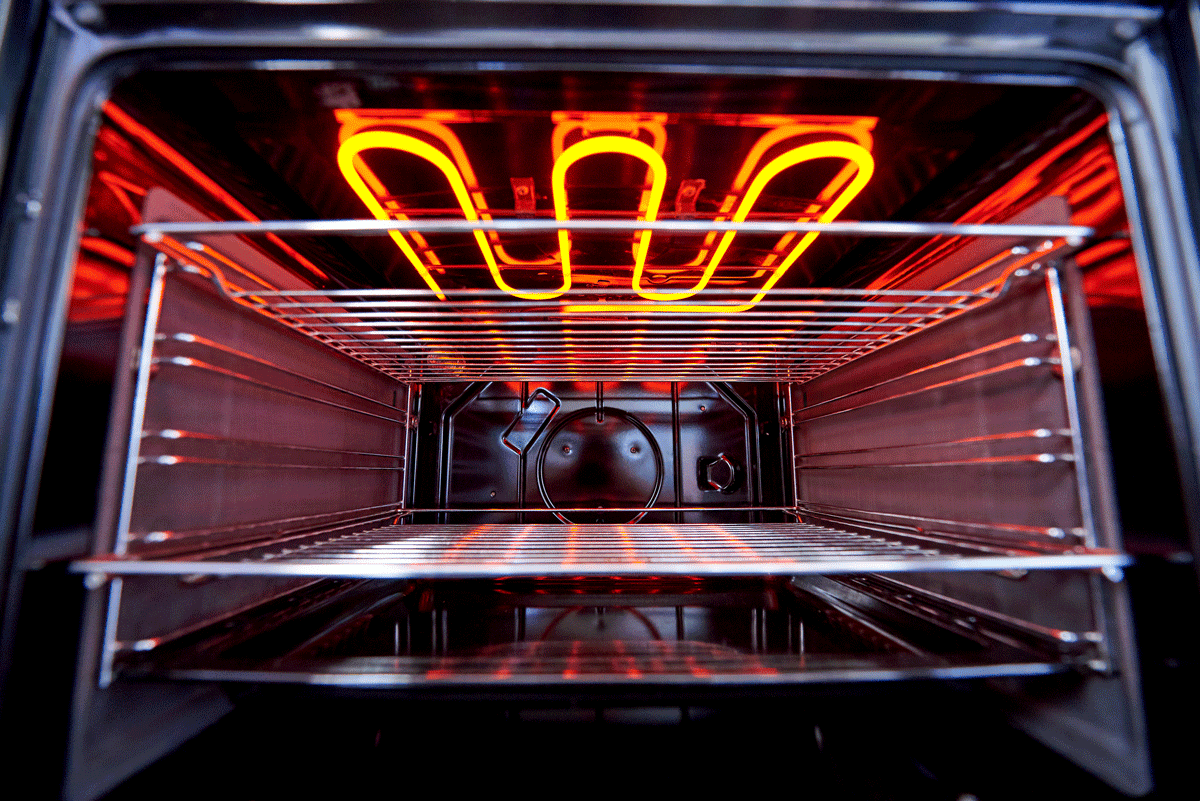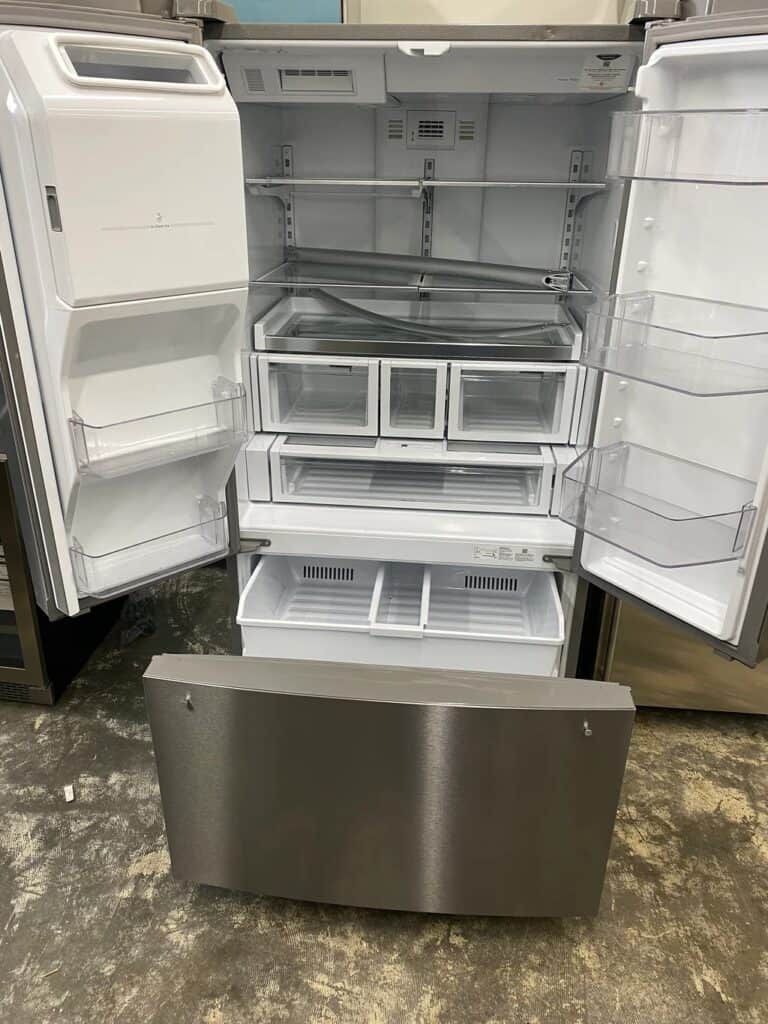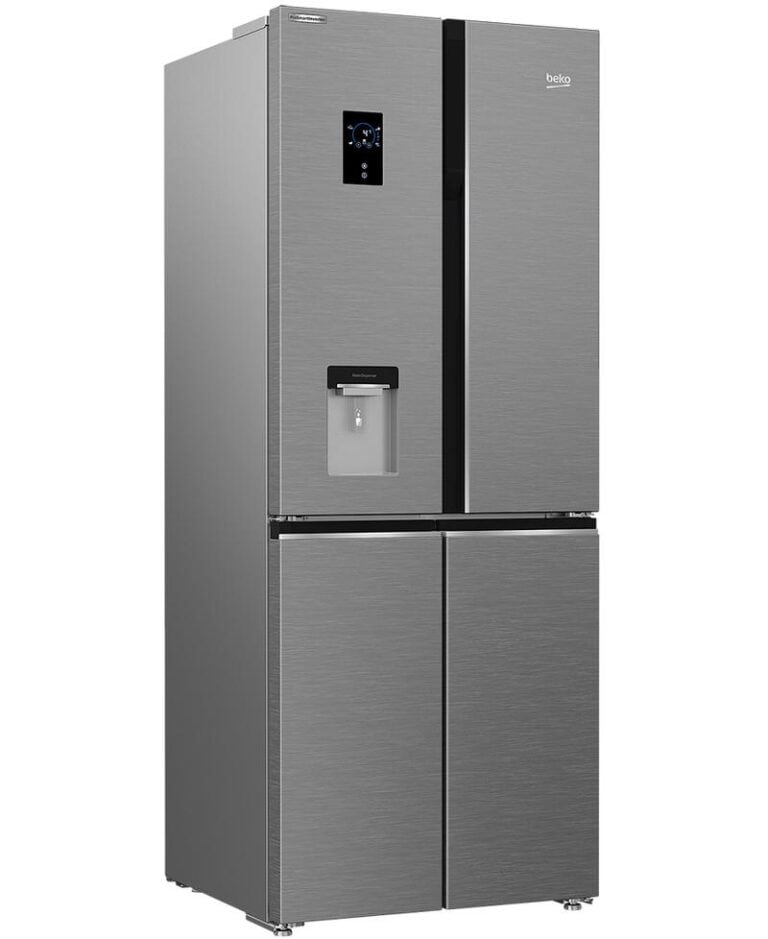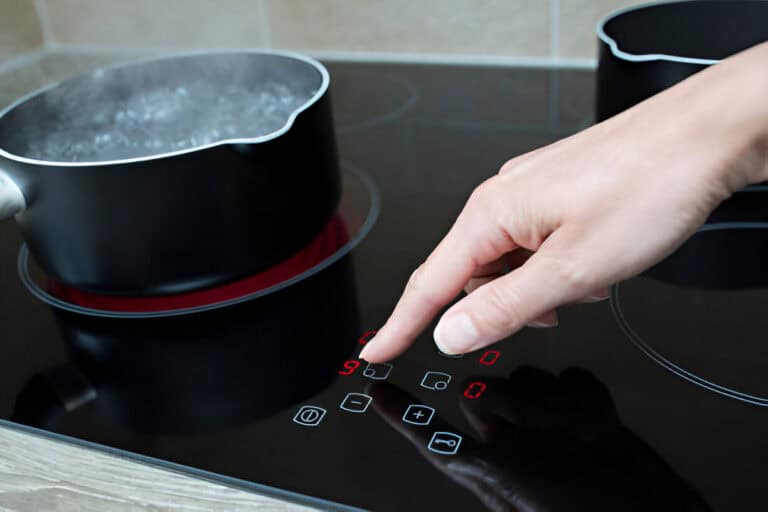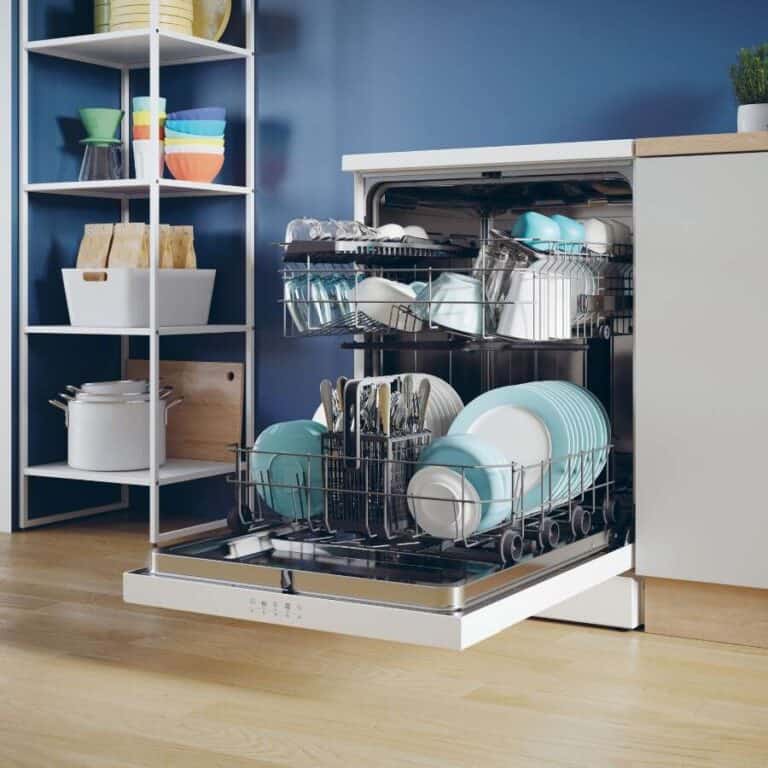Can I Use My Oven as a Heater? Here’s What You Should Know
If you’re anything like me, those extra chilly days can get you thinking creatively about staying warm. I’ve caught myself eyeing the oven, wondering if it could do double duty—heat up dinner and my living room. It’s a tempting thought, right? After all, it’s already cranking out heat, and it seems like a quick fix for cozying up when the thermostat just isn’t cutting it. But here’s the thing: there’s more to this idea than meets the eye.
Have you ever considered what really happens when you use an oven as a heater? Is it actually safe? Can it save money, or are there hidden risks you might not have thought about? These are the kinds of questions that got me digging deeper. Trust me, what I found might just surprise you—and maybe even change how you view that trusty oven in your kitchen.
By the end of this article, you’ll know why relying on your oven for warmth could be more trouble than it’s worth. Plus, we’ll dive into safer, smarter ways to stay warm without risking your safety or running up your utility bill. Let’s unpack this hot topic and find better ways to beat the chill!
The Drawbacks of Using Your Oven as a Heater
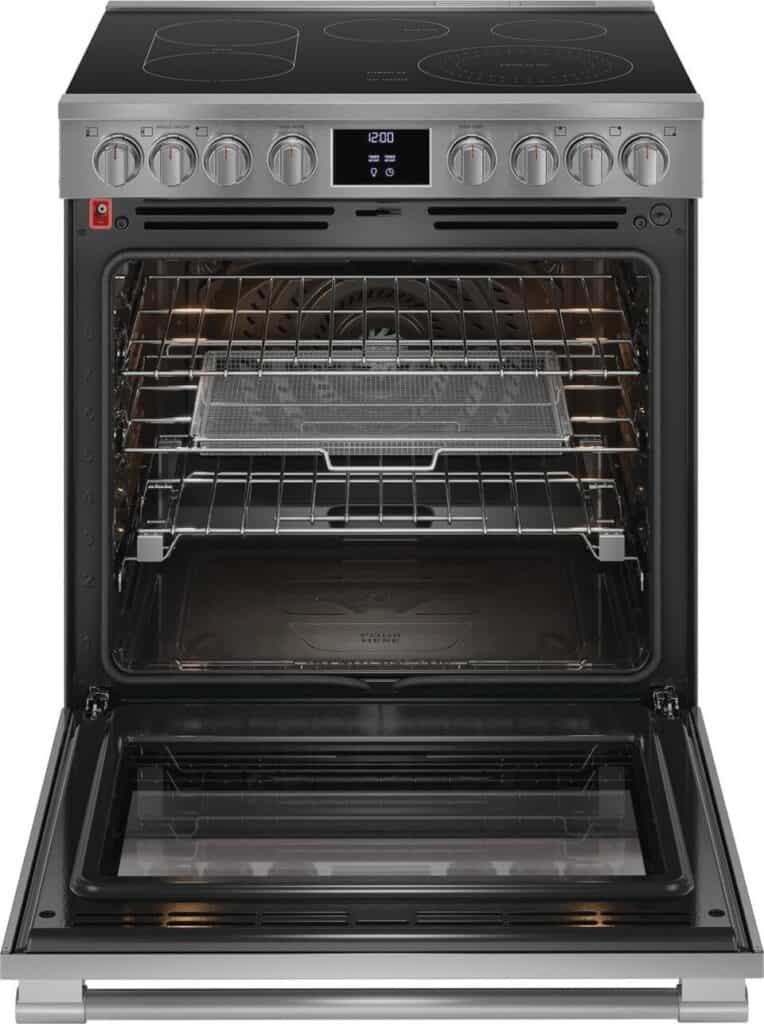
The idea of using your oven as a makeshift heater seems tempting, especially when you’re in a pinch. It’s already on, you’re cooking something, and you might think, “Why not kill two birds with one stone?” However, there are a few key issues that make this practice not just inefficient, but also dangerous.
- Fire Hazard The biggest concern with using your oven to heat your home is the risk of fire. Ovens aren’t designed to maintain a consistent airflow to distribute heat efficiently throughout your space. The heat may remain concentrated near the appliance, and if there’s something nearby that can catch fire—like a towel, curtains, or food debris—you’re looking at a dangerous situation.
- Carbon Monoxide Poisoning Gas ovens, in particular, can produce carbon monoxide (CO), an odorless, colorless gas that can be deadly if inhaled in large amounts. While using your oven for cooking, the ventilation system (if properly installed) directs these fumes outside, but running it continuously for heating could result in CO buildup inside your home.
- Excessive Energy Consumption Ovens are designed for cooking, not heating, so they use a lot of energy to reach and maintain the high temperatures needed for cooking. As an air heater, they’re inefficient and will cost you a pretty penny on your energy bill. If you’re looking for something to warm up the house, a space heater or even a traditional central heating system is a far more energy-efficient option.
- Uneven Heating Unlike space heaters, ovens aren’t designed to circulate warm air throughout the room. Instead, they direct heat upward and out from the appliance. This results in uneven heating, with some parts of the room becoming too warm while others stay chilly. Space heaters, on the other hand, are designed to distribute heat more evenly across the room.
| Read: Troubleshooting Your Frigidaire Oven: Why Isn’t It Heating? |
What About Electric Ovens?
If you have an electric oven, the idea of using it to heat a room seems slightly more tempting, but the risks are still present. While electric ovens don’t emit carbon monoxide, they still come with a range of concerns:
- Overheating the Appliance: Ovens are not designed to run for long periods of time without cooling down. If you leave it on for hours as a heater, you could risk damaging the oven, shortening its lifespan, or triggering its safety features, which may turn it off automatically.
- High Electricity Use: Electric ovens use an enormous amount of energy to generate the heat needed to cook food. Using the oven to heat your home is not cost-effective and will almost certainly drive up your electricity bill. You’d be better off investing in an electric heater, which is designed to do the job more efficiently.
Using The Oven To Heat The House
Using your oven as a heater may seem like a quick solution to warm your home, particularly on a chilly day when you need to alleviate the cold. While the idea of cranking up the oven to fill the air with warmth can be tempting, it’s not the best or safest solution.
The heat produced by an oven, particularly if you leave it open, is localized and can be inefficient at warming a whole room. Plus, there’s the concern of increased energy consumption, which can add up quickly on your utility bill.
Even more concerning, using your oven to heat the house can pose serious safety risks. Gas ovens, in particular, can leak carbon monoxide when used improperly, which can be deadly without proper ventilation. Electric ovens, while safer in this regard, can still overheat and cause fire hazards if left unattended for too long. Instead of relying on the oven, it’s better to invest in a dedicated space heater or improve the insulation in your home to retain warmth more effectively.
Safer and More Efficient Alternatives to Using Your Oven as a Heater
Instead of turning your oven into a heater, consider these alternatives that are safer and far more effective:
- Space Heaters: Space heaters are a cost-effective and safer solution for heating smaller areas of your home. They’re designed to warm up a room quickly and can be adjusted to maintain a consistent temperature. There are plenty of options out there—some use electricity, while others run on gas or oil. Choose one that suits your space and budget.
- Central Heating: If you have central heating, that’s always going to be the most efficient way to keep your home warm. While it may require a bit of an upfront investment, it ensures your home is evenly heated, and it’s designed for the task. Regular maintenance of your HVAC system will ensure it’s operating efficiently and effectively.
- Portable Electric Heaters: If space heaters aren’t your thing, you might want to try a portable electric heater. These are especially handy for rooms that don’t have central heating. They’re often equipped with features like adjustable thermostats, safety shut-offs, and even fans for better heat distribution.
- Adding Insulation to Your Home: Sometimes, the problem isn’t the heating—it’s the insulation. If your home isn’t insulated properly, all the heat in the world won’t make a difference. Consider adding insulation to walls and attics, or even using draft stoppers on doors and windows. These little changes can have a huge impact on your home’s ability to retain heat.
- Use the Oven as Intended—For Cooking! While it’s tempting to multitask, your oven works best when it’s being used for cooking. From baking your favorite cookies to roasting a chicken, your oven is far more effective when it’s used for its intended purpose. By sticking to its intended use, you’ll avoid unnecessary wear and tear, and you’ll also enjoy delicious meals!
Final Thoughts: Keep the Oven for Cooking, Not Heating
Using your oven as a heater may seem like a quick fix, but it’s far from ideal. Between the fire risk, carbon monoxide hazards, and the high cost of energy consumption, it’s just not worth the trouble. Instead, invest in a proper heating solution—whether that’s a space heater, central heating, or proper insulation.
If you’re feeling a bit chilly, go ahead and preheat your oven for that batch of cookies, but when it comes to heating your home, leave it to the appliances designed for the job. Trust me, your oven will thank you for it!
